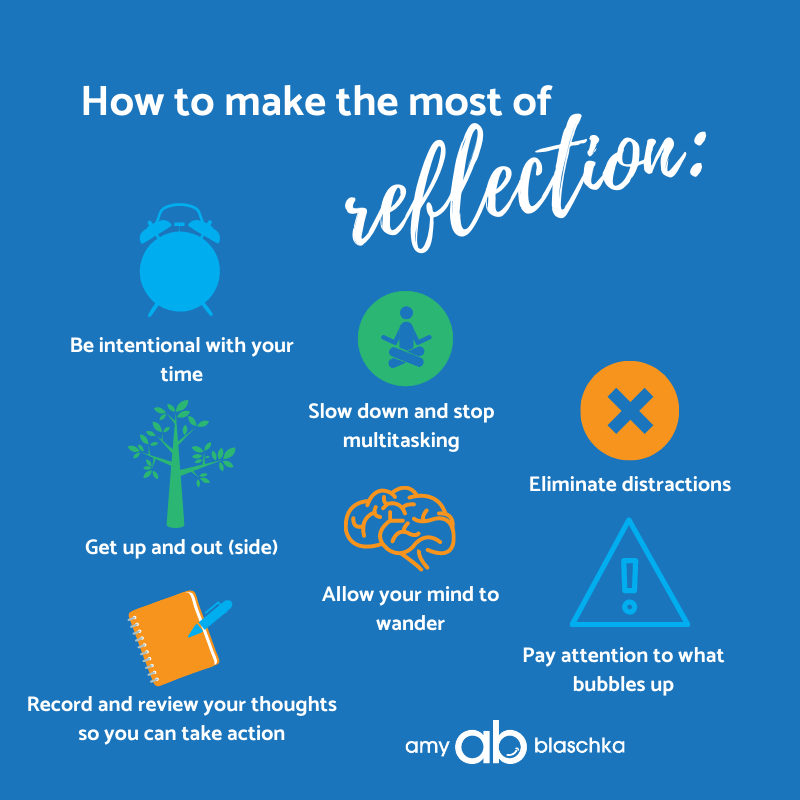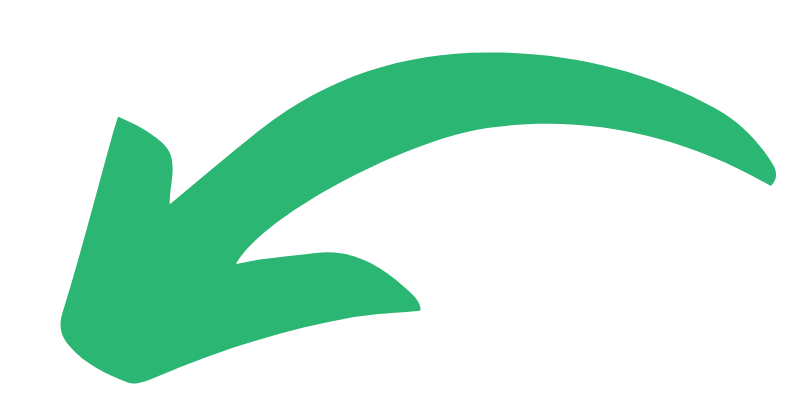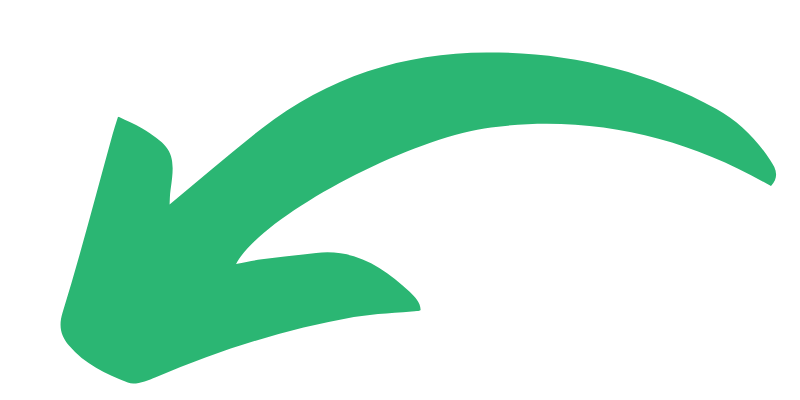Have you ever watched a spelling bee?
Oh, the drama! (Seriously.)
A ticking clock, the anticipation of whether the fates will hand you an easy word or challenge you with a doozy out of left field, and the pressure to get it right, RIGHT NOW is crazy.
As it turns out, the actual spelling portion comprises just a tiny bit of the competition.
So, what are they doing the rest of the time?
Asking questions.
Of course, this serves as a clever stall tactic, giving the competitors additional time to ruminate over the correct spelling of bougainvillea or erysipelas.
But more importantly, it’s a wise strategy designed to provide them with clues.
Spellers are allowed to ask for all sorts of things, like alternate pronunciations of the word, its definition, what part of speech it is, its language of origin, the word to be used in a sentence, and even for it to be pronounced again.
The answers provide valuable hints, allowing contestants to eliminate homonyms,* identify potential spelling patterns based on the language or origin, or use the definition to guess its likely spelling.
And guess what?
No judge ever says, “That’s a dumb question,” or makes them feel bad for asking one. On the contrary, they expect that the savviest players will continue probing until they have a greater understanding of what their answer is.
So what if you treated your life and career like it was a spelling bee?
Regularly asking yourself questions facilitates greater understanding and can be a real eye-opener.
Unfortunately, most of us are too busy being busy, dodging external demands and the cacophony of noise bombarding us to pause long enough to give ourselves time to reflect.
Taking the time to turn inward and think deeply may be the ultimate luxury. Here’s how to make the most of reflection:
Be intentional with your time
Treat reflection as essential to your career development by scheduling time to think.
Slow down and stop multitasking
It’s impossible to think deeply and carefully about your future while you’re multitasking. Slow down to find clarity among your chaos.
Eliminate distractions
Up your odds for reflection success by turning off notifications, silencing your phone, and closing down tabs.
Get up and out(side)
Research says walks in nature enhance brain function, reduce stress, keep you energized, and improve creativity, enabling better reflection.
Allow your mind to wander
During reflection, try not to limit yourself to predetermined topics or impose any rigid standards.
Pay attention to what bubbles up
Use your self-awareness to pay attention to how you’re feeling, your reactions, and any new ideas that arise during reflection.
Record and review your thoughts so you can take action
Until you capture your thoughts and goals, you’ll never be able to devise a plan of action to achieve them.
And if you want to reflect further, I have a few questions for you to ask yourself this weekend. (But don’t worry, unlike a spelling bee, there are no wrong answers.)
In my latest Forbes article, I share why spending time honestly answering these five questions now means career progress later.
Remember, the only “dumb” questions are the ones you fail to ask.
Shine on, my querying friends!
Amy
P.S. Did someone forward this to you? That’s a good friend! Do them a solid and subscribe up now so you won’t miss out on all the fun, illuminating things.
P.P.S. When I’m not writing this newsletter or channeling my inner speller, asking myself the big questions, I’m a social media ghostwriter (yep, that’s a thing), helping founders, entrepreneurs, and CXOs craft their stories to communicate and connect better by magnifying their reach and impact. (Think personal branding and thought leadership.) Learn more here.
P.P.P.S. Now that we’re inbox-exclusive, you might want to follow my musings across the interwebs on Forbes, LinkedIn, Twitter, Instagram, and Clubhouse.
P.P.P.P.S. One more thing: You, my friend, have great taste in newsletters—thanks for subscribing! Be sure to check out the archives to catch up on previous issues, and feel free to share this one with your friends. Or better yet, invite them to join our Illuminate Me tribe!
*Homonyms are words that are pronounced the same but have different meanings and spellings, like “taro” (the root veggies responsible for poi) versus “tarot”) cards that foretell your future). I covered homonyms’ unintended (and often cringeworthy) usage in the asterisk section of an earlier post, like using “your” (which indicates possession) when you mean “you’re” (a contraction that means “you are”) or “its” (showing possession) versus “it’s” (and contraction that means “it is”). And don’t get me started on the conundrum that is “to,” “too,” and “two” (a preposition indicating direction, also, and the number that follows one, respectively).








